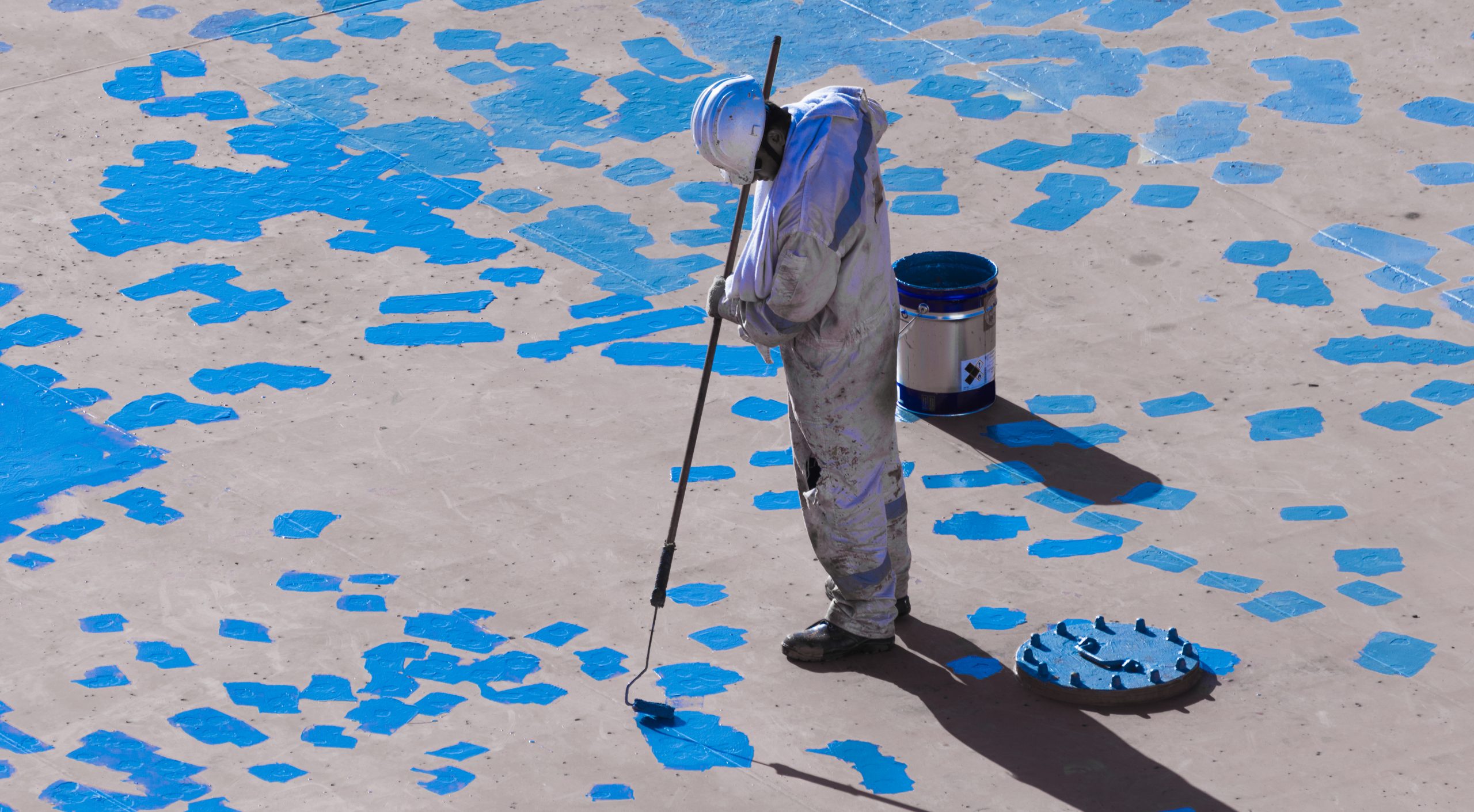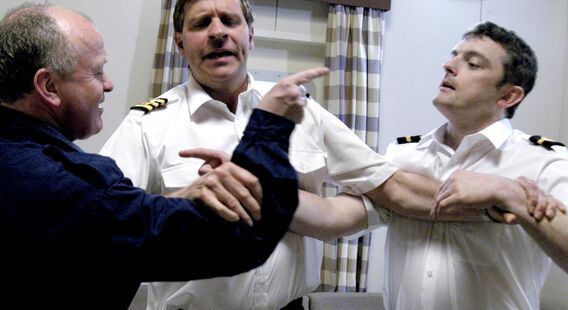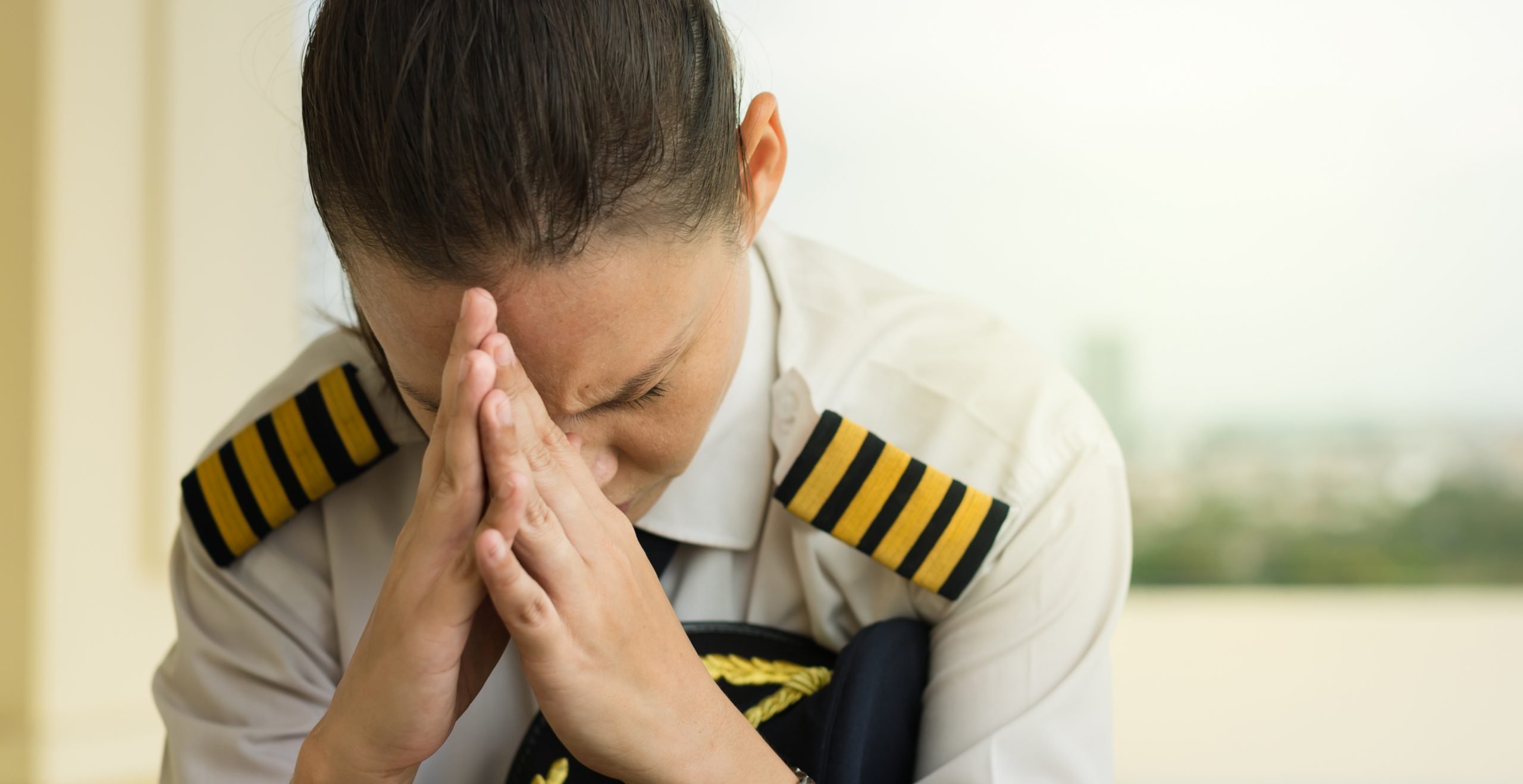Making Life at Sea Better, Together
Author: Raal Harris
Working at sea has never been more challenging, and all too often the mental health and wellbeing of seafarers can be impacted. Thankfully, now more than ever, there are steps being taken to ease the problems facing crews and to improve their lives. Ocean Technologies Group is proud to be working to help seafarers, and have provided award winning free resources to the shipping industry as we look to make life at sea better together.
It can be tough
Living and working onboard a ship is not for everyone, and there are very unique challenges to be faced. Fitting into the environment is a problem, and it can lead to serious implications on the mental health and wellbeing of seafarers.
There are constant challenges on a ship. There is a need to always be alert, and to be focused, while always doing your best. This is a constant demand which can take its toll, especially when all too often crews only see the ship and the airport.
Ships are unique, it is not just a workplace, but a home too. It can be hard to separate the two, and so seafarers can experience loneliness and isolation. Being disconnected from home and families can take its toll.
How then, can we make life at sea enjoyable? It is not enough to subject mariners to merely bearable conditions. Seafarers need to thrive and flourish, and it can be a difficult challenge, but many companies and organisations are working hard to do just that.
Blurred lines
 One of the biggest challenges is the fact that seafarers are tied to an environment where the boundaries between living and working can be blurred. There can be too few opportunities to relieve everyday pressures.
One of the biggest challenges is the fact that seafarers are tied to an environment where the boundaries between living and working can be blurred. There can be too few opportunities to relieve everyday pressures.
This makes it even more important to pay attention to health, happiness and the whole experience of living and working at sea. So, what is wellness for seafarers? It is a sense of feeling healthy and well, happy, positive and with good meaningful relations. Achievements and meeting goals – for life and professional.
This sense of pride and engagement leads to better decisions, fewer accidents, integration, and teamwork. Fully present, engaged and involved seafarers. It doesn’t take a lot, but it does take action.
It is a case of understanding how seafarers can see the positives, and what can be done to control their own wellbeing? How can we ensure that those living and working at sea are able to focus on positives?
Finding positives
Too much work, insufficient sleep, and day to day stresses can mean that seeing positives is a challenge in itself. It may be difficult, but the message from the KVH Videotel film is that seafarers have to think about when they are happy and understanding what the things are that make them feel that way.
By noticing the good – by perhaps being able to see and appreciate the nature of life at sea, or the interactions, activities or conversations that are onboard. This is all part of building a picture of the good that comes with being at sea.
There are other things which can and should be done. Rest is vitally important, and seafarers need to make time to try and do things which they enjoy. Reading, watching movies, listening to music or singing karaoke, playing games either with others or on consoles, these all help.
So too does physical exercise. This is massively important when it comes to relieving stress, there is a feeling of vibrancy when we take care of our physical wellbeing. Exercise produces chemicals which helps the brain thrive, and so too when you eat well.
Know your flow
 One of the reasons that exercise helps de-stress is the fact it is what is called a “flow activity”. Flow activities are things which make the mind focus, and there is little sense of anything else.
One of the reasons that exercise helps de-stress is the fact it is what is called a “flow activity”. Flow activities are things which make the mind focus, and there is little sense of anything else.
It means that time passes unnoticed, and there is a sense of almost distracted wellbeing. The mind focuses in, and so everything else takes on less importance. These are vital to enjoying life and passing time at sea.
These can be in the gym or recreation room, but they can also be work or learning related. When you are engaged in learning, expanding knowledge and discovering then that is a flow activity.
Then there is also the opportunity to share that knowledge – and that is massively positive too. The team building dimension, showing each other how to do things right, safely and efficiently.
Social animals
Wellbeing also depends on how well we get on with those around us. Research shows that good times often involve other people – we are social animals and need to be around others. Loneliness is not something which is a problem, so we need a social element.
Getting people together, and trying to develop activities which bring good times, these are so important. Sharing time together, doing shared activities and talking really does help to make time at sea better.
Knowing that you are not alone helps so much, and the friendships and a sense of community can do so much to help people feel comfortable, secure and relaxed, even though they are perhaps far from home.
Generating a community onboard takes time and effort. Ensuring that different people are able to mix and integrate can be a challenge. There are no options though, as crews are bound together. Recognising that friendships make things so much better and build a positive environment is the foundation to developing a good shipboard environment.
Good to talk
 For many seafarers, maintaining contact with home is essential for their wellbeing. Being able to go ashore is good but contact with home is perhaps even more important today.
For many seafarers, maintaining contact with home is essential for their wellbeing. Being able to go ashore is good but contact with home is perhaps even more important today.
Being able to open up to those at home, sharing problems or concerns is key. So, it has to be recognised that communication with family is so important for mental health. Internet access, calls, and social media can help and are wanted and needed by crews.
However, these can bring pressure too. Real time crises can enter their seagoing life. Things which happen in real time can leave seafarers feeling helpless – so we need to help seafarers and also families.
It is vital therefore that seafarers and families are both able to manage expectations. Being on the same page and talking things through before the trip can help so much, and those back at home need to respect and appreciate the fact that seafarers may feel stressed or helpless if they are faced with problems about life back at home.
Sense of purpose
Wellbeing can also come from purpose. The drive for people to work at sea, and the things which people value are different for each of us, but there are some common themes which are widely recognised.
Learning and gaining knowledge is hugely important. So, gaining a new skill or studying for a qualification these can both be hugely important cornerstones of wellbeing. They provide a vital sense of achievement, and that really is important for feeling satisfied and happy.
Even for senior officers and crew, while they may feel there is not much left to learn. For them, mentoring can also help give a sense of achievement. The chance to share with others is an opportunity to give back and creates a sense of purpose. This makes people feel better.
Earning money for a family is another achievement. While the planning of goals at home can also help – milestones can help seafarers through bad time. Achievements can come in many forms – staying fit and healthy could be a goal.
There to help
 Coping through difficult times is a challenge, and there are times when nothing may seem like it can help. Talking to people onboard may be one answer, but often seafarers feel they only want to share so much. Even talking to those back home may not be the answer.
Coping through difficult times is a challenge, and there are times when nothing may seem like it can help. Talking to people onboard may be one answer, but often seafarers feel they only want to share so much. Even talking to those back home may not be the answer.
That is when it is so important to have somewhere else to turn. Seafarers never need to be alone with their problems. There are people who care and can help, organisations such as ISWAN and their SeafarerHelp call centre for example.
Their welfare teams make crew feel comfortable and help seafarers make the right decisions. While if a face to face talk is needed, then the Mission to Seafarers provide the chance to meet in their centres or will even visit vessels.
Help is there, and there’s always a chance to improve the way we feel. to become better able to cope, whether drawing on inner resources or turning to others, friends, family, crewmates or the wonderful facilities provided by maritime welfare organisations.
What now?
One of the key messages to seafarers is that they should try and break away from negativity. Doing enjoyable activities, building your sense of achievement and purpose, and getting quality rest, food and exercise will all help build a solid foundation for wellbeing.
It is important to remember that everyone onboard has a responsibility to everyone else. It is important to recognise the signs of stress and anxiety in yourself and others. Spotting the typical signs, people slowing down, getting irritable, or disengaging. Seeing the changes is vital, and then being able to rally around and provide support or direct those who may be suffering to the right help and support.
We all want to feel satisfied in our lives, and it is in our power to achieve this. To get started, remember:
- Do more of what makes you happy
- Keep learning new skills
- Connect with people
- Give to others
- Be physically active
Whatever problems you face, it will have a solution. Be positive. You can learn all about seafarer mental health and wellness here
FREE PACKAGE
To learn more about this FREE Seafarers’ Mental Health and Wellbeing Package

Resilience
Problems arise on board ships every day and seafarers are confronted with challenges that can be difficult to overcome. Without adequate resilience, seafarers are unable to bounce back from setbacks and fail to ensure the continued safe operation of the vessel.

“Mental health issues can effect anyone, but Seafarers face unique working and living conditions that pose additional challenges and require further consideration.”

If you would like to find out more about how we can help you to support your seafarers please:
Discover Ocean Learning
Transform your business today with the power of e-learning.
Explore our solutions
Competency Management System
Rapid E-Learning
Performance Appraisal
Pulse Survey
OLP App
The ultimate in maritime e-learning. Accessible, repeatable, measurable – a learning solution for the 21st century vessel, available wherever you are in the world.
Virtual Classroom
Cloud Simulation
Training formats explained
Pricing
Explore Ocean Learning Library
Certified Maritime Training Courses

Powered by the most recognised providers of e-learning in the maritime world.
Get peace of mind selecting teams you can entrust with the care of your people, the environment, cargo and vessels.
Assessment Solutions
Crew Evaluation System (CES)
Marlins English Language Testing
Facet5 Personality Testing
Ability Profiling APRO
Remote Proctoring AI
Our crew management solutions provide comprehensive coverage of the entire maritime HR function of today’s commercial vessel operator.
Crew Management Solutions
COMPAS
Our fleet management solutions empower operational teams with insights and workflows that drive improved vessel performance.
Fleet Management Solutions
TM Master
Resources
News
Insights
Events
About us
Who we are
Our Solutions
Why choose us?
Board of Directors
Executive Team